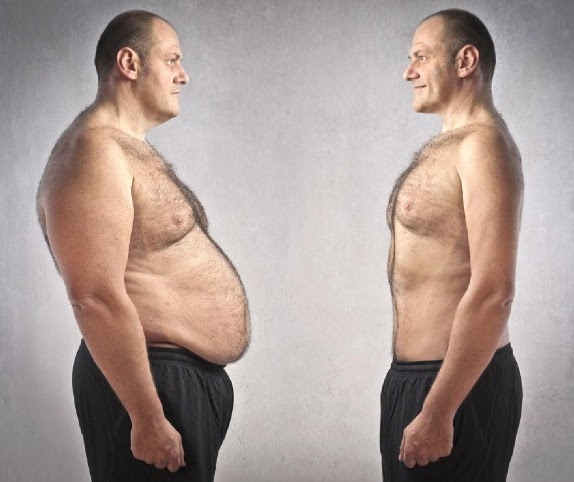Male Topics
Testosterone Replacement therapy; Benefits and Risk Factors
By A.S. (staff writer) , published on February 11, 2021

Medicine Telehealth Health Testosterone Replacement Therapy TRT Benefits of TRT Side effects of TRT
Men suffer from fading energy as they get older. Low sex drive, erectile dysfunction, and mood changes are all associated with low testosterone levels in the body, commonly referred to as “Low. T”. Testosterone replacement therapy (TRT) is a widely used treatment for men with symptomatic hypogonadism.
Hypogonadism refers to the decreased production of sex hormones like testosterone. Testosterone is a sex hormone produced primarily in the testicles and is responsible for secondary male characteristics. Testosterone helps maintain men's:
-
Bone density and bone strength
-
Fat distribution
-
Muscle strength and mass
-
Hematopoiesis (red blood cell production)
-
Sexual desire (libido)
-
Sperm production
TRT is a reasonable treatment option for men suffering from low sex drive, erectile dysfunction, mood changes, and symptoms of hypogonadism [1]. TRT is used to treat abnormally low levels of testosterone. These abnormally low levels usually affect normal body functions, which can contribute to decreased muscle mass, fat distribution, and a lower sex drive (libido).
In the United States, 30 % of men and 42 % of women experience sexual dysfunction [2]. Hence, an increased testosterone prescription is not surprising; a 400% rise in sales has been documented from 1990 to 2002 [3].
Why does Testosterone decline with age?
Testosterone levels are at a peak during adolescence and adulthood. As you age, your testosterone level gradually declines — typically about 1%-1.5 % a year after age 30 or mid-30s [4].
A gradual decline in testosterone often doesn’t cause any noticeable symptoms. But a significant drop in testosterone levels (hypogonadism) may cause:
-
low sex drive (libido)
-
Fatigue and poor energy level
-
fewer spontaneous erections
-
lowered sperm count or volume
-
Low sense of well-being
-
trouble sleeping
-
unusual loss of muscle and bone density
-
unexplained weight gain
-
Depressed mood
Possible benefits of TRT in Men
Boosting Sexual derive
Men with low T levels commonly complain of decreased libido, or erectile dysfunction, fewer spontaneous erections, and fatigue. TERT comes in my forms. Treatment with testosterone gel, transdermal patch, or intramuscular injection is indicated for men with low total testosterone levels who have these symptoms. Regardless of the route of administration, studies have shown improvement in libido, increased energy level and sexual function in hypogonadal men [5].
Bone Density and Muscle Strength
The bone density and muscle strength of hypo-gonadal men decrease as testosterone levels decrease, potentially increasing the risk of fractures. TRT may stop bone mineral density.
Non-medical uses of TRT
-
Losing weight
-
Increasing energy levels
-
Gaining extra muscle mass for bodybuilding
Forms of TRT Products
Testosterone products come in different forms, including gels, injectable solutions, patches, pills and pellets implanted under the skin.
Types of TRT Products
-
Gels (Androgel)
Testosterone gel is a prescription medication applied directly to a man’s skin —on the shoulders and upper arms.
-
Patches (Andoderm)
-
Injectable
-
Capsules
-
Boosters (Testofen): a specialized Trigonella seed extract reduces age-related symptoms of hypogonadism, increases sexual desire, and improves sexual function in healthy aging
Who should not take Testosterone Replacement Therapy?
Men who have prostate cancer, benign prostate hyperplasia, or breast cancer should not take testosterone replacement therapy. Nor should the men who have a history of sleep apnea and elevated red blood cell count.
Side effects of Testosterone Replacement Therapy
TRT has various side effects/risk factors including;
-
Stimulating the growth of benign prostate hyperplasia or worsening existing prostate cancer
-
Acne
-
Enlargement breast
-
Polycythemia; increased red blood cell production
-
Limiting sperm count or causing testicles to shrink
References
E. Charles Osterberg, A. M. (2014, March). Risks of testosterone replacement therapy in men. Retrieved from NCBI: https://www.ncbi.nlm.nih.gov/pmc/articles/PMC3897047/
Emily Miller, M. H. (n.d.). Testosterone Therapy. Retrieved from Drug Watch: https://www.drugwatch.com/testosterone/
KATHERINE MARGO, M. R. (n.d.). Testosterone Treatments: Why, When, and How? Retrieved from American Academy of Family Physicians.: https://www.aafp.org/afp/2006/0501/p1591.html
Staff, M. C. (n.d.). Testosterone therapy: Potential benefits and risks as you age. Retrieved from MAYO CLINIC: https://www.mayoclinic.org/healthy-lifestyle/sexual-health/in-depth/testosterone-therapy/art-20045728
Testosterone Replacement Therapy: Is It Right For You? (n.d.). Retrieved from Urology Care Foundation: https://www.urologyhealth.org/healthy-living/urologyhealth-extra
Find articles related to: Medicine Telehealth Health Testosterone Replacement Therapy TRT Benefits of TRT Side effects of TRT
More articles about Male Topics
Back to the Health Tips Index




